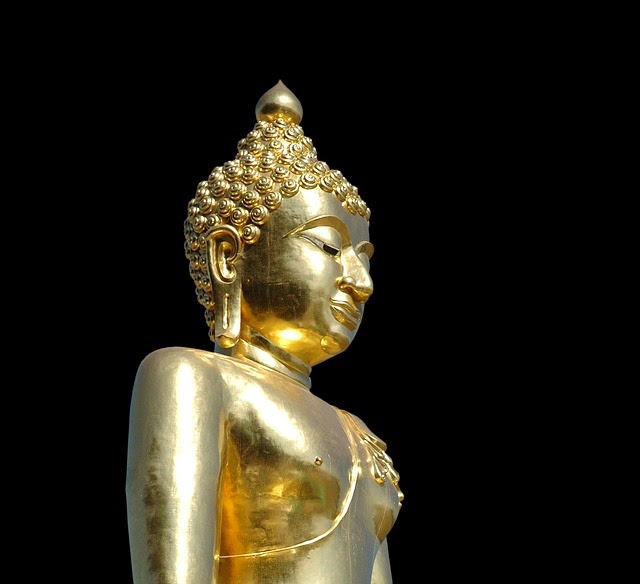CHAPTER SIXTEEN.
AFFECTIONS.
To Find More Interesting Resources Click below :
|
He who applies his mind unworthily,
Neglecting discipline,
Forsakes the goal and clings to things beloved,
Then envies those to meditation given.
210.
Join not thyself to things beloved or loathed.
To lack dear company,
To be with those we loathe, brings misery.
211.
Seek not for love; things loved when lost bring woe;
Both are impermanent.
They have no bonds who dwell indifferent.
212.
Sorrow and fear are born of things beloved.
From things beloved set free,
How canst thou sorrow? fearful how canst be?
213.
From things held dear, sorrow and fear are born.
Set free from things held dear,
How canst thou sorrow have? how canst have fear?
214.
Sorrow and fear are children born of pleasure.
No longer pleasure's slave,
How canst thou sorrow, fear how canst thou have?
To Find More Interesting Resources Click below :
|
Sorrow and fear are children of desire.
From all desire set free,
How canst thou sorrow? fearful how canst be?
216.
Sorrow and fear are things of longing born.
From longing if thou part,
Thou hast no fear nor sorrow in thine heart.
217.
Upright and Norm-abiding, speaking truth,
Who minds his own affair,[1]
That is the man whom every one holds dear.
218.
In whom is longing for the Nameless[2] born,
Whose mind It hath enthralled,
Whose thoughts no longer are by passion torn,
That man "a Climber of the Stream" is called.[3]
219.
As when a dweller in some far-off land
Safe home returns at last,
Kin, friends and lovers waiting to greet him stand;
220.
So, when a man on earth good deeds hath done,
When he hath passed beyond,
All his good deeds like kin, await that one.
[1] Attano kamma kubbānam, as in v. 166. Attends to his own spiritual progress without dictating to others how they should forward their evolution.
[2] "The unborn, uncreate, undeclared" state of Nibbāna.
[3] Uddhamsoto. (Skt. Urdhamsrotas) a name for the anāgāmin "non-returner."








No comments:
Post a Comment